The Ultimate Guide to Starting Your Documentary Filmmaking Journey
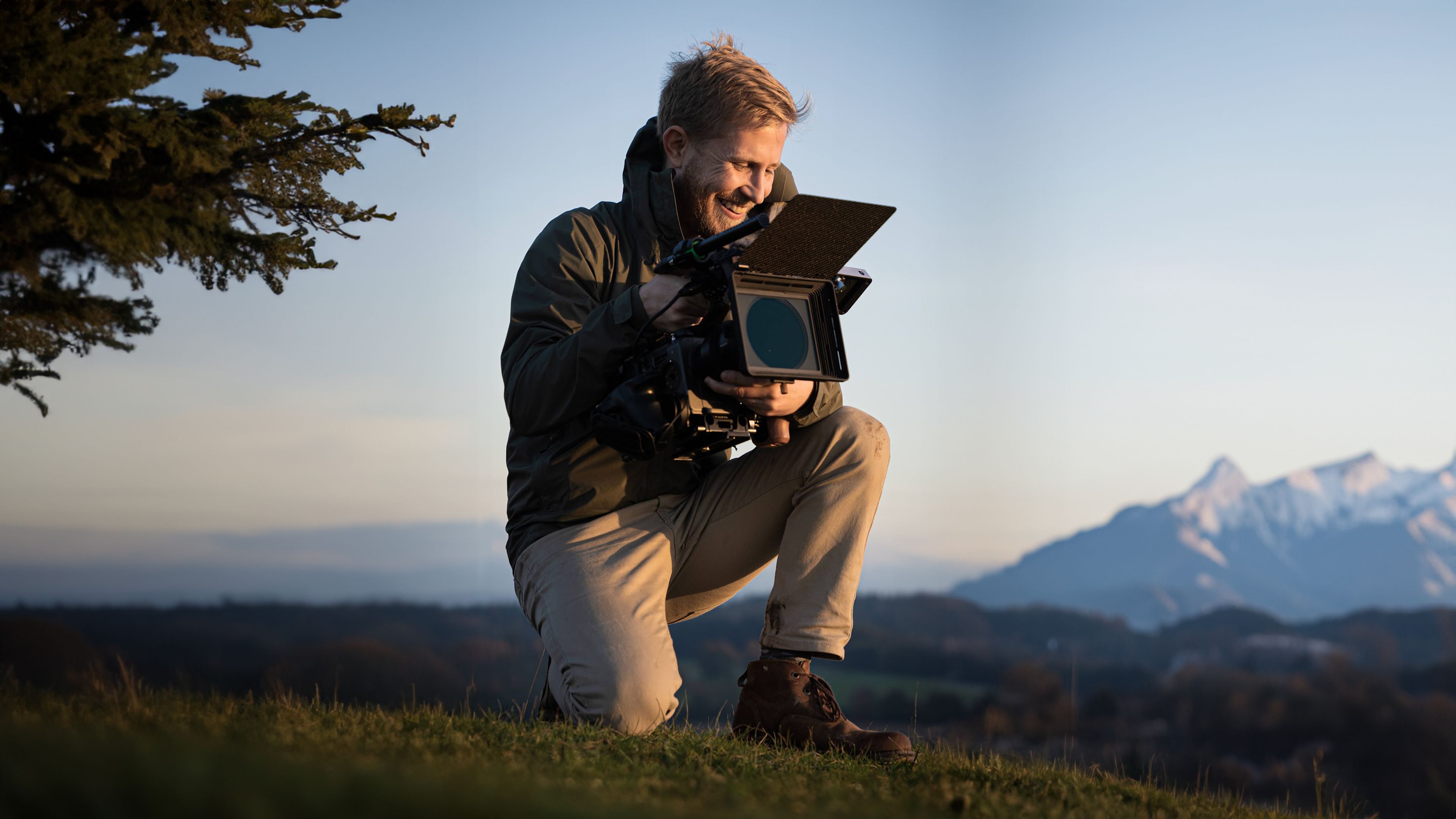
Have you ever watched a documentary that left you inspired, informed, and itching to tell your own story? Have you ever wondered, "How do I start making a documentary?" If so, you're in the right place.
What is a Documentary Film?
Documentaries are non-fictional films that immerse viewers in real-life events, people, and issues, offering a powerful lens through which to understand the world around us.
The Power of the Documentary Filmmaking
Documentaries often tackle social, political, or environmental issues, as well as explore deeply personal stories. They employ a variety of techniques, including:
- Interviews: Conversations with experts, witnesses, and those directly involved in the topic.
- Archival Footage: Historical images and videos that provide context and visual evidence.
- Voice-over Narration: Guidance and perspective to shape the story.
- Observational Footage: Capturing real moments as they unfold.
By skillfully weaving these techniques, documentaries offer deeper insights that have the power to foster awareness, provoke thought, and even drive social change. They bring untold stories and overlooked perspectives to light, expanding our understanding of the world.
Why Documentary Films Are Important
In a world often saturated with fictional entertainment, documentaries provide a vital opportunity to learn, empathize, and connect with the human experience beyond our own. They challenge us to think critically, feel deeply, and perhaps even take action on the issues they so compellingly portray.
The Essential Stages of Documentary Filmmaking
The essential stages of documentary filmmaking are:
- Pre-production: The planning and preparation phase where the documentary's concept is developed, research is conducted, and logistics are arranged.
- Production: The actual filming phase, capturing interviews, events, and other relevant footage for the documentary.
- Post-production: The editing phase where the captured footage is compiled, edited, and refined into the final documentary film.
Each stage is critical to the creation of a compelling documentary. In pre-production, filmmakers conduct extensive research, choose a subject, and develop a clear concept or story outline. This stage involves planning the structure of the documentary, identifying potential interview subjects, scouting locations, and securing necessary permissions or permits. During production, the filmmakers capture the core content through interviews, on-location shooting, and gathering of any necessary archival footage. This phase is where the visual and audio elements of the documentary come to life, requiring careful attention to detail and adaptability to unforeseen challenges. Post-production is where the documentary is crafted into its final form. It involves editing the footage to tell the story effectively, incorporating elements such as voice-over narration, music, and graphics to enhance the narrative and emotional impact. Additionally, color correction, sound mixing, and editing refine the aesthetic and auditory experience. Each stage is vital to producing a documentary that is engaging, informative, and resonant with audiences.
Documentary Filmmaking: Step-by-step
In this blog, I'm going to run through the key steps to making a documentary, from finding a compelling story and conducting research to choosing the right equipment, shooting interviews, and editing your footage for the final cut. My hope in sharing these steps with you is that it will give you an overview of the entire filmmaking process and inspire you to make your dream documentary.
1. Find Your Documentary Story
Every great documentary begins with a compelling story. It's the heart and soul of your film. Whether it's a personal experience, a social issue, or an intriguing character, the key is to find a story that you are passionate about and believe needs to be told. Look for unique perspectives, consider the story's relevance, evaluate its potential for visual storytelling, conduct preliminary research, and reflect on the story's impact. For more guidance on finding a powerful documentary idea, check out this blog that I wrote on: How to Find and Develop Great Documentary Ideas. Remember, the right story can be the foundation of a compelling and impactful documentary.

2. Do Research For Your Documentary Film
Once you've found your story, it's time to dig deeper. Research is a crucial part of documentary filmmaking. It helps you understand the context of your story, find potential interviewees, gather facts, explore different angles, plan your narrative structure, and be open to new directions. As you learn more about your subject matter, be prepared to adapt and refine your narrative.

3. Develop a Documentary Plan
Before you start filming, it's essential to have a plan. This includes a budget, a shooting schedule, a script or outline, a crew and equipment plan, consideration of legal and ethical issues, and a post-production plan. A plan is not set in stone. It's a guide that can help you stay organized and focused, but it's also flexible. Be prepared to adapt your plan as you learn more about your subject matter, encounter unexpected challenges, and discover new opportunities.
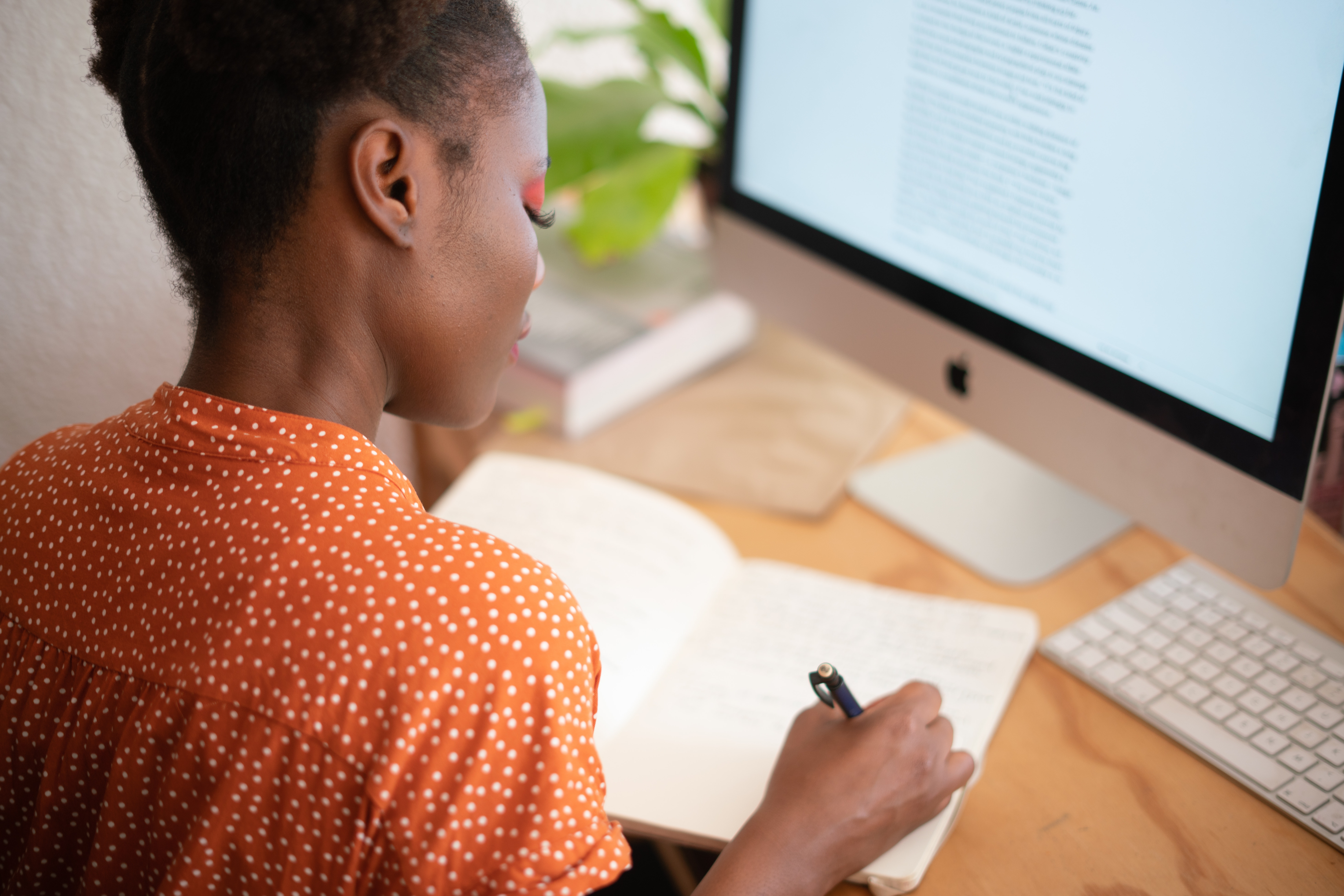
4. Gather Your Documentary Filmmaking Equipment
You don't need a Hollywood budget to make a documentary. At the very least, you'll need a camera, a microphone, and editing software. Consider your audio needs, think about lighting, don't forget accessories, invest in editing software, and consider your mobility. To help you get started with what kit to buy, I've put together a free documentary camera guide.
It's easy to get distracted by camera equipment. So remember to focus on telling a compelling story, and use your equipment as a tool to help you do that.
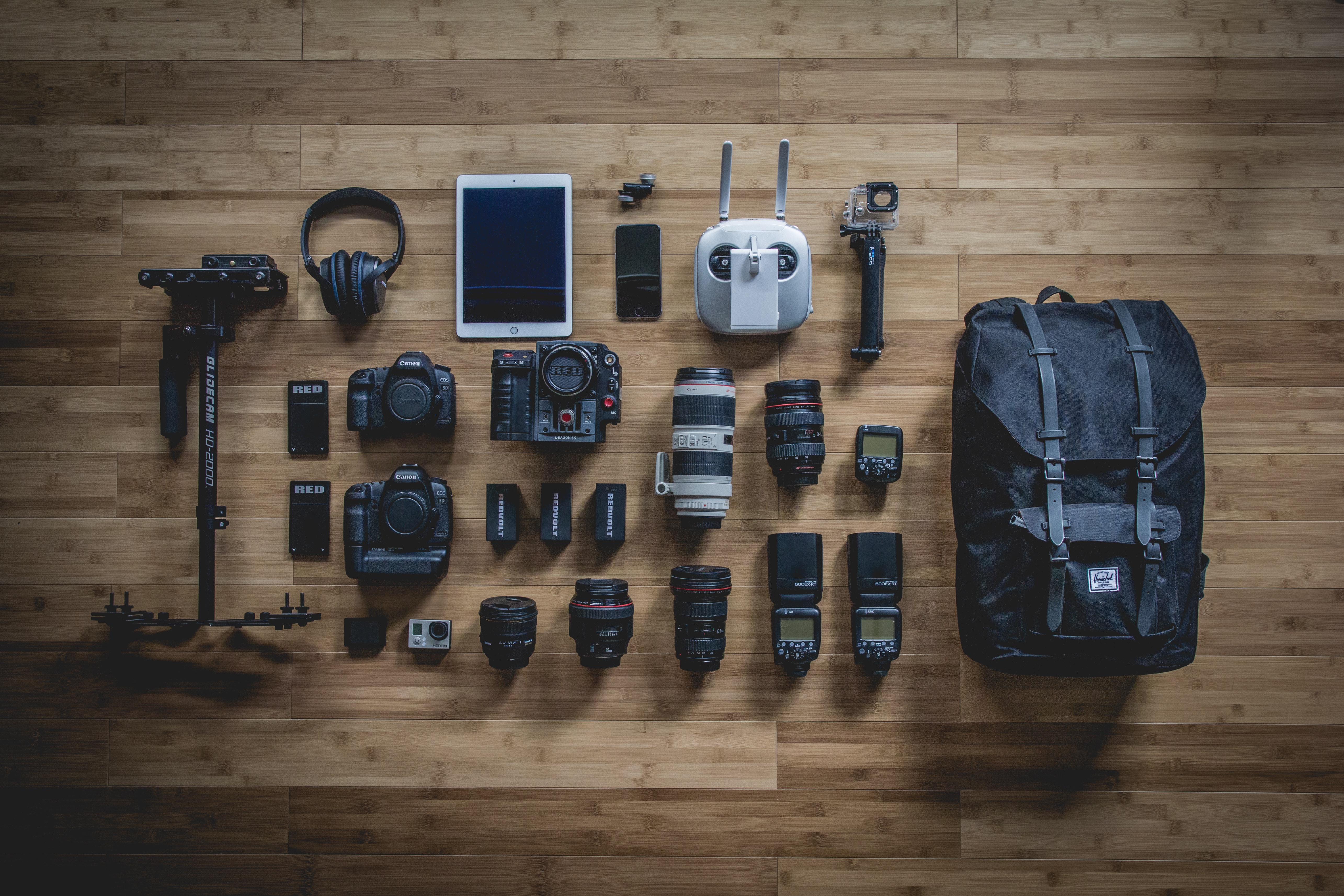
5. Start Filming Your Documentary
With your plan and equipment in place, it's time to start filming. This is where you'll capture interviews, b-roll footage, and any other visual elements you need for your documentary. Conduct interviews, capture b-roll, use visual storytelling techniques, and maintain ethical standards. Be patient, stay focused, and enjoy the process of bringing your story to life.
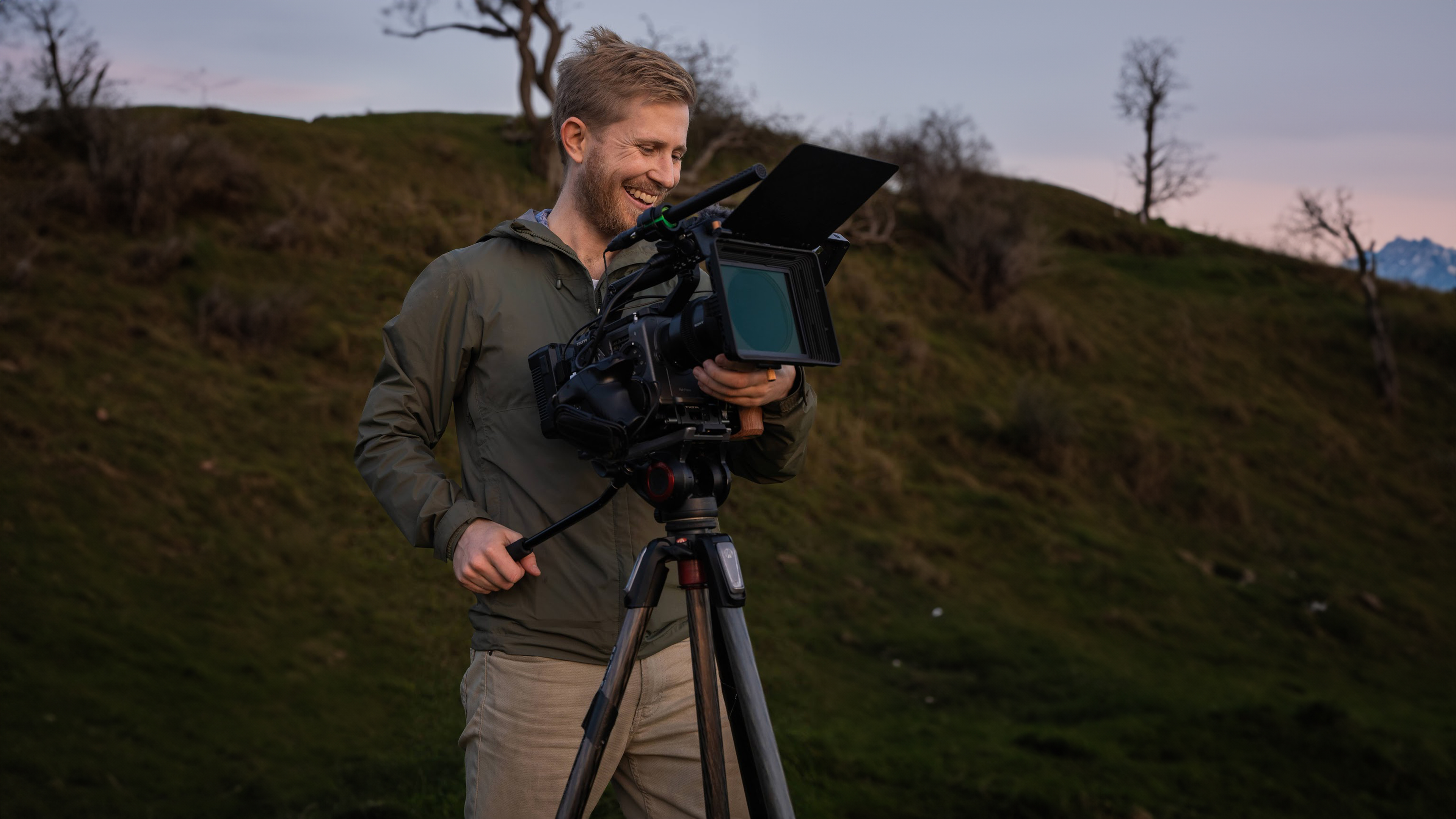
6. Edit Your Documentary Film
Once you've captured all your footage, it's time to edit. This is where you'll shape your story, add music and graphics, and fine-tune your documentary until it's just right. Organize your footage, create a rough cut, refine your narrative, add music and graphics, fine-tune your documentary, and get feedback. For a step-by-step guide to editing an engaging documentary, I've put together a blog where I share: 6 Steps to Editing a Powerful Documentary. Take your time, be patient, and don't be afraid to experiment until you achieve the result you're looking for.
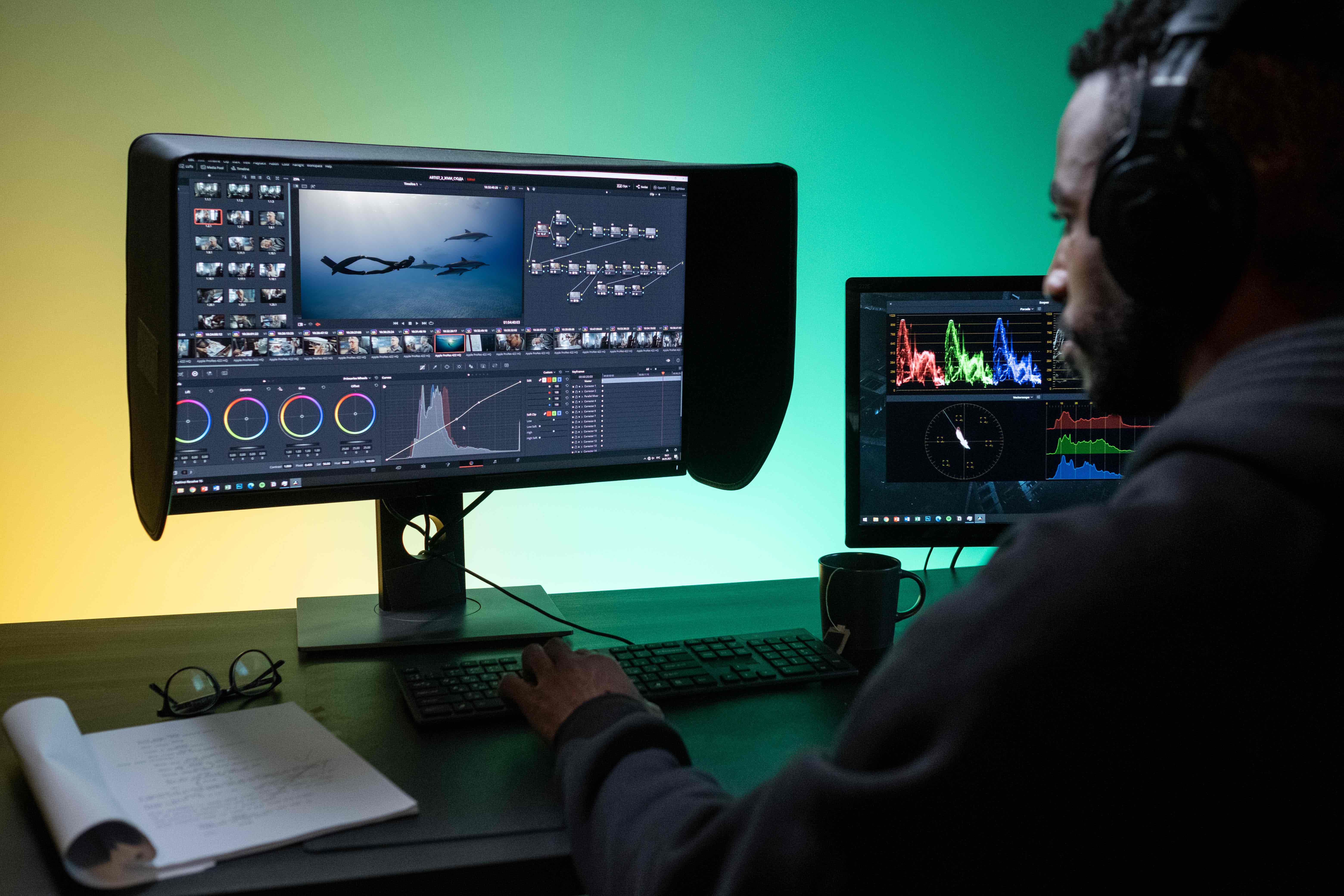
7. Share Your Documentary Film With An Audience
Finally, once your documentary is complete, it's time to share it with the world. Identify your target audience, submit to film festivals, utilize online platforms, plan community screenings, consider distribution deals, and engage in outreach and promotion. Sharing your documentary is about more than just getting views. It's about engaging with your audience, sparking conversations, and making an impact.
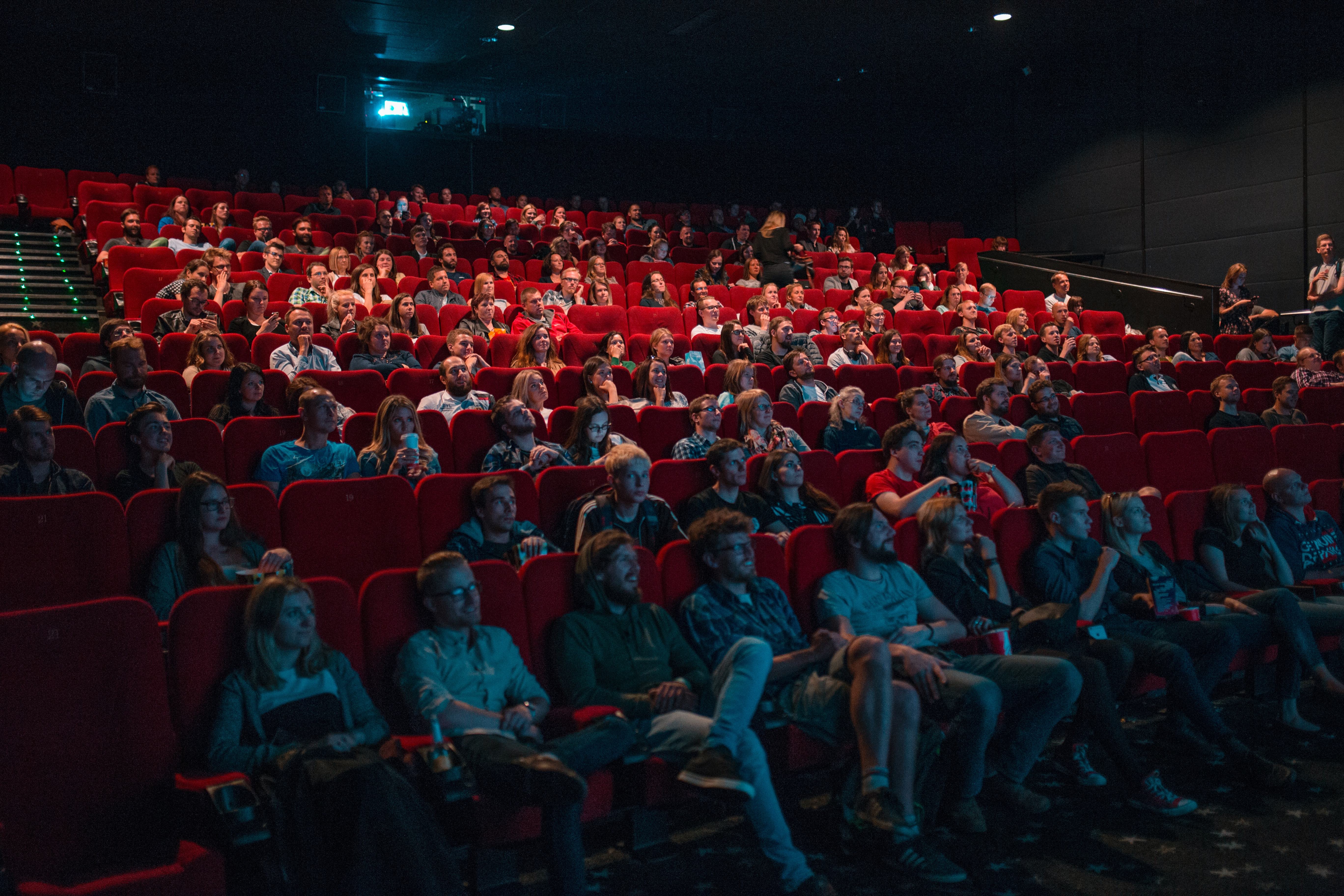
Making a documentary is a journey filled with challenges and rewards. It requires passion, patience, and perseverance. But with the right story, the right plan, and the right attitude, you can create a documentary that makes a difference.
How Hard Is It To Become a Documentary Filmmaker?
Becoming a documentary filmmaker presents a unique set of challenges that require a blend of creativity, perseverance, and a deep commitment to storytelling. It not only requires technical skills in camera work, editing, and production but also the ability to research topics, build trust with subjects, and navigate ethical considerations unique to real-life storytelling. Despite these obstacles, the rewards of documentary filmmaking can be immense, offering the chance to shed light on untold stories, influence public opinion, and even affect social change. For those with the passion and resilience to pursue this path, the journey to becoming a documentary filmmaker can be extraordinarily fulfilling.
Documentary Filmmaking Tips: How to Improve Your Films
To improve your documentary films, focus on crafting a compelling narrative that engages your audience emotionally and intellectually. Start with thorough research to deeply understand your subject matter, and then identify a unique angle or perspective that sets your documentary apart. Developing strong storytelling skills is crucial; structure your narrative with a clear beginning, middle, and end, and use tension and release to maintain viewer interest. Pay close attention to the technical aspects of filmmaking, including high-quality audio recording, effective lighting, and stable, purposeful camera work. Additionally, embrace the power of editing to weave together interviews, archival footage, and visuals into a cohesive and impactful story. Engage with your subjects authentically, building trust and respect to capture genuine emotions and moments. Finally, seek feedback from trusted peers and mentors throughout the production process and be open to constructive criticism to refine your work. Remember, documentary filmmaking is a continuous learning journey where persistence, creativity, and passion can lead to powerful storytelling.
What Makes A Good Documentary?
A powerful documentary tells the story of someone who has a challenging goal and is trying to get it. It shows the ups and downs they face while pursuing this goal, both from the outside world and their own feelings. The film makes it clear what they could lose if they don't succeed, which could be something big like their life, something emotional like their happiness, or something important like their values. By showing their journey, struggles, and what's at stake, the documentary keeps us hooked and makes us care about the person and their story. It's not just about giving us information; it's about telling us a story that moves us and makes us think.
How to Become a Documentary Filmmaker
Becoming a documentary filmmaker involves a blend of creativity, technical skill, and a passion for storytelling. Start by immersing yourself in documentaries, studying various styles and subjects to understand the breadth and depth of the genre. Education can play a significant role, whether through formal film school, online courses, or workshops that teach technical skills and storytelling techniques. However, the essence of documentary filmmaking is to tell compelling stories about real life. Begin with a subject close to your heart or a story you feel is untold. Utilizing whatever equipment you have, even if it's just a smartphone, start filming. Practice interviewing skills, capturing footage, and editing to create a narrative. Networking is crucial; connect with other filmmakers, attend film festivals, and engage in online communities. Seek out mentorship and collaboration opportunities, as they can provide guidance and open doors. Finally, embrace persistence. Documentary filmmaking often involves challenges, from funding to finding distribution channels. Crowdfunding, grants, and pitching to broadcasters or streaming services are ways to overcome these hurdles. The path into documentary filmmaking is as diverse as the stories waiting to be told, requiring a blend of creativity, determination, and a relentless pursuit of the truth.
Learn Documentary Filmmaking on Your Own
Learning documentary filmmaking on your own is a rewarding journey that combines self-directed study, practice, and community engagement. Start by consuming a wide array of documentaries to understand different styles and subjects. Pay attention to storytelling techniques, cinematography, and editing styles. Online tutorials, courses, and workshops can offer valuable insights into the technical aspects of filmmaking. To help you get started I've put together a free filmmaking training where I share 10 Secrets to Creating Cinematic Documentaries.
I'd also recommend engaging with filmmaking communities online and in local settings to exchange ideas, receive feedback, and collaborate on projects. Practical experience is crucial, so embark on creating your own documentary projects, even with limited resources. Begin with short films focusing on accessible subjects, allowing you to experiment with narrative structures and filming techniques. Critically assess your work and learn from each project to refine your skills. Additionally, read books and articles on documentary theory and the ethics of filmmaking to deepen your understanding of the craft. By combining theoretical knowledge with practical experience and ongoing learning, you can develop your unique voice as a documentary filmmaker.
Good luck!
















